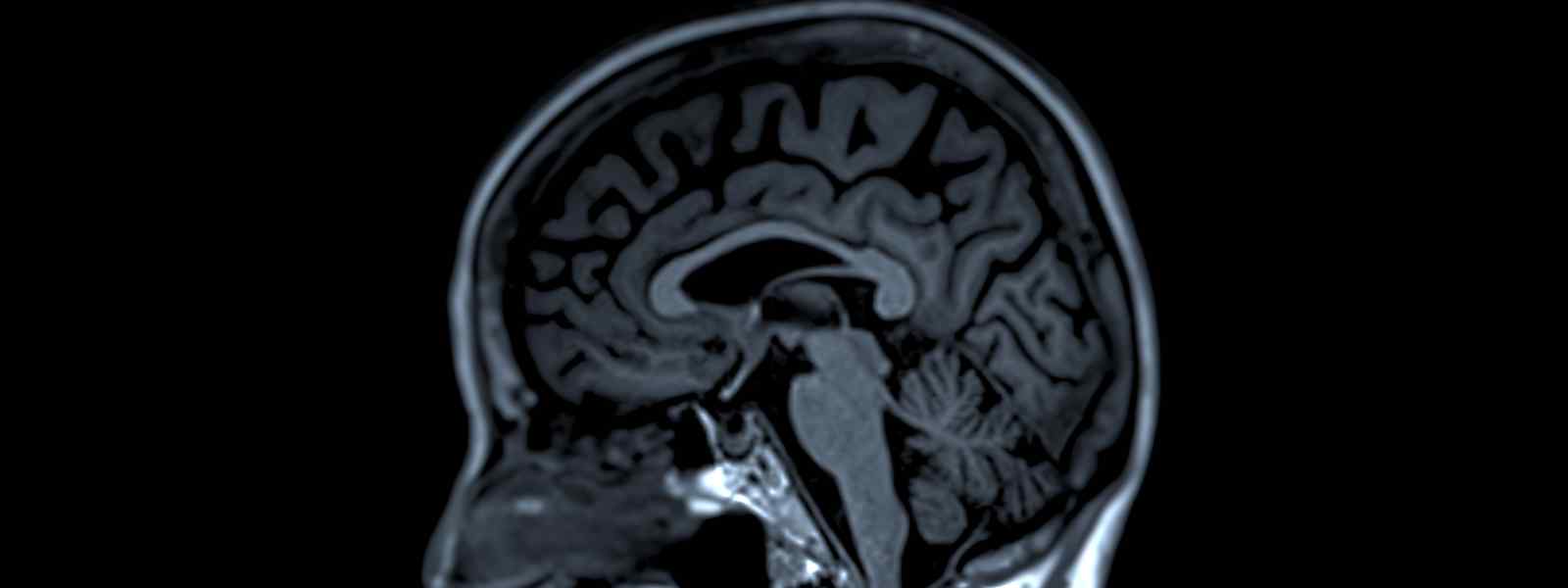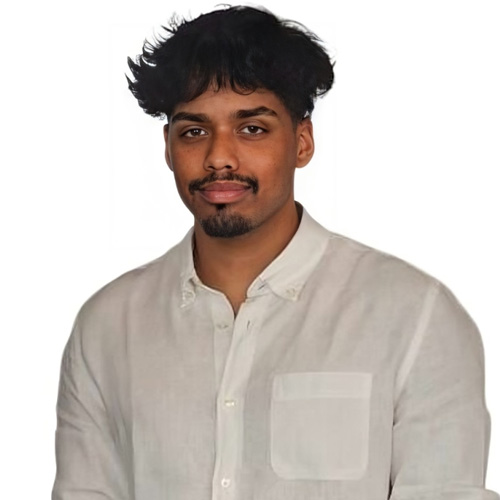
A PhD student at the University of Strathclyde has been selected for a leading cross-university venture programme that helps the most talented PhD scientists translate their research into deeptech companies.
Om Roy has been chosen for Conception X Cohort 8, to support his development of non-invasive neurotechnology, for better detection and treatment of neurological disorders.
Conception X runs a nine-month programme which helps PhD researchers working on meaningful scientific breakthroughs to establish successful startup companies, while connecting them with investors and industrial experts.
Om, a student in Strathclyde’s Department of Computer and Information Sciences, is one of around 100 researchers from across the UK and Europe taking part in this year’s Conception X cohort.
Accurate and low-cost
His research builds on FAST (filter average short term), a technique for developing algorithms that can significantly reduce noise and exploit the high temporal resolution of EEG (electroencephalogram) signals. He aims to integrate this with advanced AI methods to create one of the world’s most accurate and low-cost EEG decoding methods.

Om outlined the FAST method in a paper recently published in the MIT Press journal Network Neuroscience. He said:
There is a massive need for specific treatments and diagnosis methods in psychiatry. Current treatments such as medication are not specific and result in significant side-effects, while in many cases not being effective.
“Non-invasive approaches like EEG have the potential to find specific information to differentiate neurological disorders, as well as track treatment progression. Combined with the rise in non-invasive neuro-stimulation methods such as ultrasound treatment, we believe non-invasive neurotechnology is the next logical step in widely accessible, specific, treatments.”
Om is supervised by researchers Dr Keith Malcolm Smith and Dr Yashar Moshfeghi. As a team, they are building novel neuroimaging methods using tools from AI and network science to build efficient, accurate algorithms to diagnose and treat neurological conditions.
Bold vision
Dr Smith said: "Om has a bold entrepreneurial vision for his research. He is steering a path towards world-leading impact which merges advanced technical understanding and algorithm development with state-of-the-art non-invasive neural recording technology and stimulation therapies. Ultimately, this could lead to transformative implications for psychiatric healthcare and mental wellbeing.”
Dr Moshfeghi said: “This is a fantastic example of how groundbreaking research can drive real innovation in healthcare. Om’s work in non-invasive neurotechnology has the potential to transform the way we diagnose and treat neurological disorders. We are excited to see this research transition into real-world applications and look forward to supporting its development towards commercial success.”